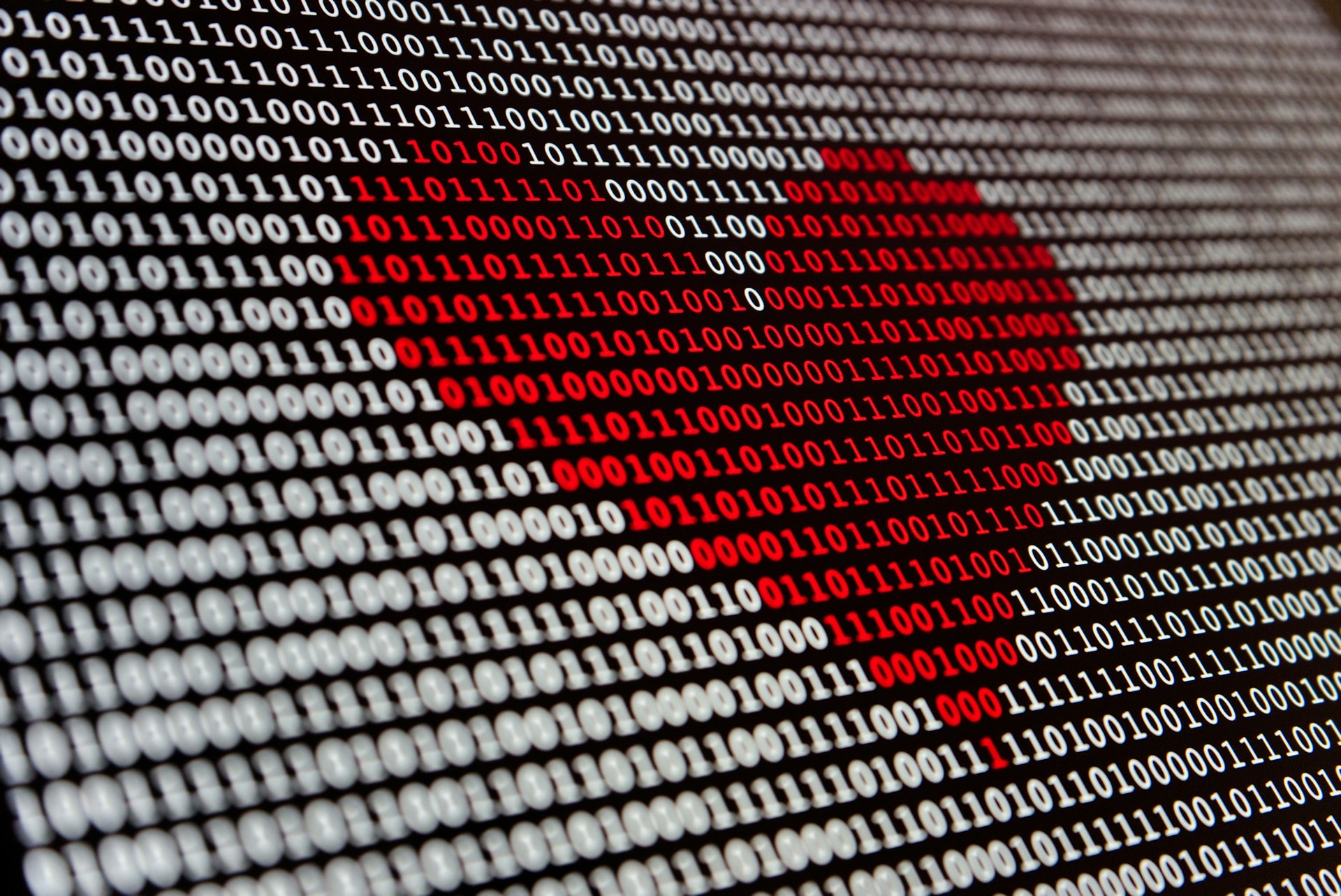Over the course of the last 50 years, identity politics has steadily started to take centre stage in mainstream political discourse. Individuals are relating to each other, not through geographical location, but through the lived experiences that their socio-political condition has created. Doing so, whilst deeply empowering to the disadvantaged groups that have felt voiceless next to the majority, requires groups to find solidarity and allyship with others in moments of extreme divisiveness. Two movements currently attempting to bridge that gap are the Black Lives Matter (BLM) movement and the Boycott, Divestment and Sanctions (BDS) movement.
The BLM organization was founded in 2013 in response to the unchecked incidents of police brutality enacted on black people in the United States. It started following the acquittal of George Zimmerman, the man who shot and killed 17-year-old Trayvon Martin. Its mission statement is “a global organization in the US, UK and Canada, whose mission is to eradicate white supremacy and build local power to intervene in violence inflicted on Black communities by the State and vigilantes”. However, these incidents of police brutality have not ceased since the start of the BLM movement, and the organization and its values were brought back into mainstream news following the murder of George Floyd in May of this year.

The BDS movement was started in 2005 when Palestinian civil society organizations mobilized and called for boycotts, divestments and sanctions against the State of Israel, following its repeated breach of international law and violent treatment of Palestinians. It was inspired by the South African anti-apartheid movement, which through its own calls for boycotts, was successful in dismantling the apartheid State. Seeing the fall of an apartheid regime also born in 1948, 170 Palestinian unions, refugee networks, women’s organizations, professional associations and popular resistance committees launched the BDS movement as a form of non-violent pressure on the State of Israel.
Much like the South African Anti-Apartheid movement, the BDS is at its core a movement based on transnational solidarity. The Israeli regime was built and is able to sustain itself through international cooperation and support, therefore calls for boycotts, divestment and sanctions are aimed at redirecting international support towards the Palestinian cause a cause which has been fighting for land, rights and recognition since 1948. With the United States being the biggest supporter, financially, militarily, and politically of the State of Israel, US-based groups such as the BLM organization are problematizing its role in the ongoing conflict.

As settler-colonial States, both established on principles of white supremacy, the United States and Israel have had a long-standing relationship of solidarity that has spawned counter relationships of resistance between their subjugated groups.
In 2014, the world experienced what Dr. Marc Lamont Hill and Noura Erakat describe as the “Ferguson-Gaza moment”.
As protests in Ferguson, Missouri erupted following the killing of Michael Brown Jr., organic articulations of solidarity could be seen between Palestinians in the West Bank and BLM protesters. Palestinians tweeted at the protesters about how to avoid teargas, advising to “run towards the wind” and “stand close to soldiers so they can’t teargas you, otherwise, they would get tear-gassed,” as well as explaining how to make makeshift gas masks out of t-shirts. Black activists in Ferguson were seen chanting slogans such as “From Ferguson to Palestine, occupation is a crime” whilst wearing Palestinian kaffiyehs.
These bonds of resistance were then reaffirmed when news from Amnesty International came out in 2016 that many law enforcement officials from places in the US such as Baltimore, Florida, New York, Massachusetts and many others received training in the US and Israel from the Israeli military, security and police officials. All these US police departments have been accused of widespread police brutality against Black people, likewise, the Israeli defence institutions have routinely been accused of Human Rights violations perpetrated against Palestinians.
In 2013, an LAPD head IT person said of the relationship between Israel and the US, following a trip to Israel “We are much more alike than dis-alike. As civilized nations, we are all confronted with, in many cases, the same enemy: the ever-growing threat of terrorism and other major criminal elements,” demonstrating that as Palestinians and African-Americans were building their links of solidarity, so were police and military officials from Israel and the US. These solidarity lines, however, seem to be drawn on ideas of securitization and American imperialism rather than that of resistance to oppressive regimes.
Featured Articles: Non-Black Minorities Speak About BLM | What Kamala Harris’s VP Nomination Means to BLM and BIPOC | Impact of a Murder: Addressing Police Brutality
In 2016, the Movement for Black Lives (M4BL), a sister organization of the BLM affirmed unequivocally its solidarity with Palestinians and denounced the State of Israel and its relationship to the US.
In its first comprehensive policy platform, “A Vision for Black Lives: Policy Demands for Black Power, Freedom and Justice” outlines that approximately “3 billion dollars in US aid is allocated to Israel, a state that practices systematic discrimination and has maintained a military occupation of Palestine for decades […] this figure represents nearly 75 % of all US aid dollars”.
M4BL called for the repatriations of these funds towards social programs within the US. That same year, a delegation from the BLM and the Dream Defenders, another sister organization born in Florida following Trayvon Martin’s death, was sent to Palestine on a solidarity trip.
Nevertheless, solidarity between Black Lives Matter and Palestinians takes on more complex layers than what was initially understood, due to the demographics of oppression that are present in Israel. Indeed, a group that would intuitively fall under solidarity lines with African-Americans in the US would be Ethiopian Israelis, who have also been subject to various degrees of police brutality within Israel. They immigrated to Israel as part of Israeli rescue missions in the 1980s and 1990s following religious persecution, famine and civil wars.
In 2019, protests erupted on the streets of Tel-Aviv following the killing of Solomon Tekah by an off-duty police officer. Internationally and within Israel, these protests were likened to the 2014 Ferguson protests by the BLM. This apparent solidarity is nonetheless more complicated due to the role Ethiopian Jews play in the occupation and subjugation of Palestinians, as they are much more integrated into Israeli society.
Kristian Davis Bailey, an African-American activist for Blacks For Palestine explains that solidarity requires an examination of the material conditions at play, as whilst Ethiopian Israelis do experience racism, they are also responsible and part of the system that perpetuates racism against Palestinians. Dr. Marc Lamont Hill explained in a talk on “Blackness and Palestine: Racism and Solidarity from Palestine to the US” that understandings of solidarity should move away from the idea of sameness, as it loses the nuances of the context.
The dynamics of racism in Israel and Palestine are different because Palestinian-ness is the marker for discrimination, not blackness. This is why groups such as Afro Palestinians experience racism first and foremost for being Palestinian and then for being black.
Attributing race-based solidarity irrespective of the context can ignore important differences in the ways that societal hierarchies are constructed. In the context of Israel, Ethiopian Jews are often soldiers in the IDF, which actively discriminate and oppress Palestinians of Arab and African descent, making blackness not the relevant axiom of solidarity. For this reason, whilst solidarity between Ethiopian Jews and Palestinians seems primed from an outsider’s perspective, the conditions of the occupation make it much more complex.
In the context of George Floyd’s death and the subsequent protests that have shaken the entire world, solidarity has been at the forefront of the discussion on the Black Lives Matter movement. Many organizations such as the BDS have affirmed their support and solidarity with the collective Black struggle across the world. Conversations are opening up as to how and where solidarity should take place.
African-Americans and Palestinians have been able to find ways to express their solidarity with each other through their fight against settler-colonial states, which have extensive legacies of racial discrimination. Their relationship is that of resistance to states who have themselves affirmed very deep alliances with each other. Navigating the complex ways in which to assert this solidarity, therefore, becomes central in creating dialogues of resistance and struggle and can help to strengthen further solidarity between Black Lives Matter groups, BDS Groups and hopefully other groups such as Ethiopian Israelis currently at a crossroads in their relationship to the Israeli State and to the occupation.
Editor’s Note: The opinions expressed here by Impakter.com contributors are their own, not those of Impakter.com. — In the Featured Photo: The Movement for Black Lives (M4BL) show solidarity with the Palestinian People— Featured Photo Credit: Just World Educational















